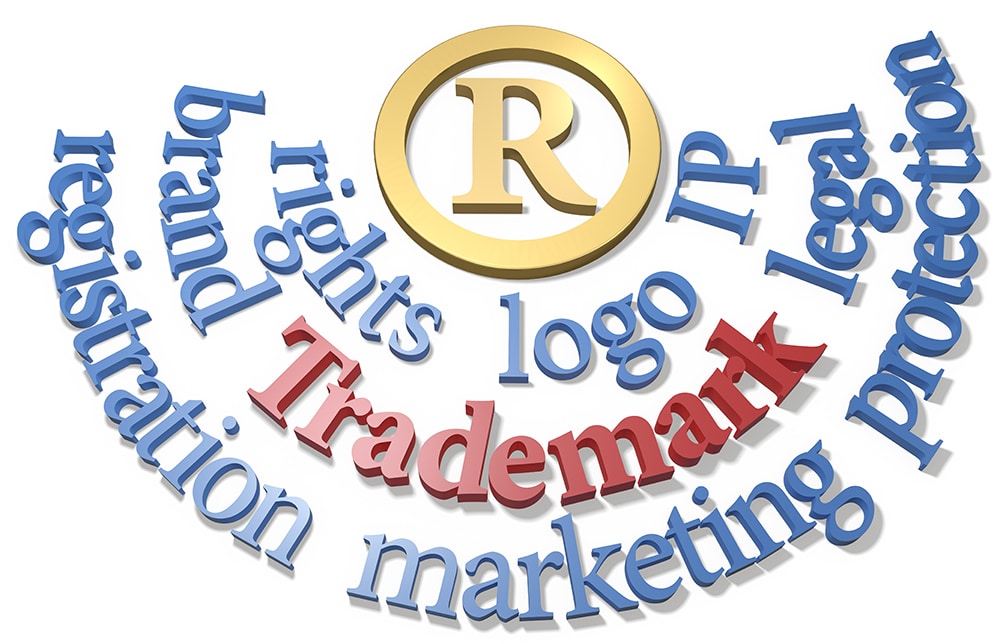Beware of Trademark Scammers: Protect Your Intellectual Property
In the digital age, protecting intellectual property has become increasingly important. One significant aspect of this protection involves trademark registration, which ensures that a business’s brand identity is legally recognized and safeguarded. However, as businesses strive to protect their trademarks, a growing threat has emerged: trademark scammers. These malicious actors exploit the trademark registration process, causing financial harm and potentially damaging a brand’s reputation. This article aims to shed light on the tactics used by trademark scammers and provide tips on how to protect yourself from falling victim to these schemes.
Understanding Trademark Scammers
Trademark scammers are fraudulent entities or individuals who prey on businesses and individuals seeking to register or maintain their trademarks. These scammers typically operate by sending deceptive communications that appear to be official notices or offers of assistance related to trademark registration. Their primary goal is to trick recipients into paying fees for unnecessary or non-existent services.
Common Tactics Used by Trademark Scammers
- Phishing Emails and Letters: Scammers often send emails or letters that mimic official communications from trademark offices or legitimate service providers. These messages may claim that urgent action is required to maintain or protect your trademark, prompting you to pay a fee or provide sensitive information.
- Invoice Fraud: Another common tactic involves sending fake invoices for trademark-related services, such as registration renewals or inclusion in a “global trademark directory.” These invoices often look legitimate, complete with official-sounding language and logos.
- Impersonation of Trademark Offices: Some scammers go as far as creating fake websites that closely resemble those of official trademark offices. They may invite users to register or renew their trademarks through these fraudulent sites, leading to financial loss and potential data breaches.
- Misleading Offers of Assistance: Scammers may offer unnecessary services, such as monitoring, registration in irrelevant directories, or “exclusive” trademark protections. These offers are designed to appear beneficial but are ultimately worthless.
How to Protect Yourself from Trademark Scammers
- Verify Communications: Always verify the legitimacy of any communication regarding your trademark. Check the sender’s email address, look for official trademarks office contact details, and compare any received correspondence with previous legitimate communications.
- Use Official Channels: When registering or renewing a trademark, use the official trademark office’s website or authorized agents. Avoid third-party services unless you are certain of their legitimacy.
- Be Skeptical of Unsolicited Offers: Treat any unsolicited offers related to trademark services with caution. If an offer seems too good to be true, it probably is.
- Educate Your Team: Ensure that your team is aware of trademark scam tactics and knows how to identify and report suspicious communications.
- Monitor Your Trademark Status: Regularly check the status of your trademark through the official trademark office’s website. This can help you stay informed and avoid falling for scams.
Conclusion
Trademark scammers pose a significant threat to businesses and individuals seeking to protect their intellectual property. By understanding their tactics and taking proactive measures, you can safeguard your trademarks and avoid falling victim to these schemes. Stay vigilant, verify communications, and use official channels to ensure your brand’s integrity remains intact. Protecting your intellectual property is crucial, and being aware of these scams is the first step in maintaining your brand’s security.




